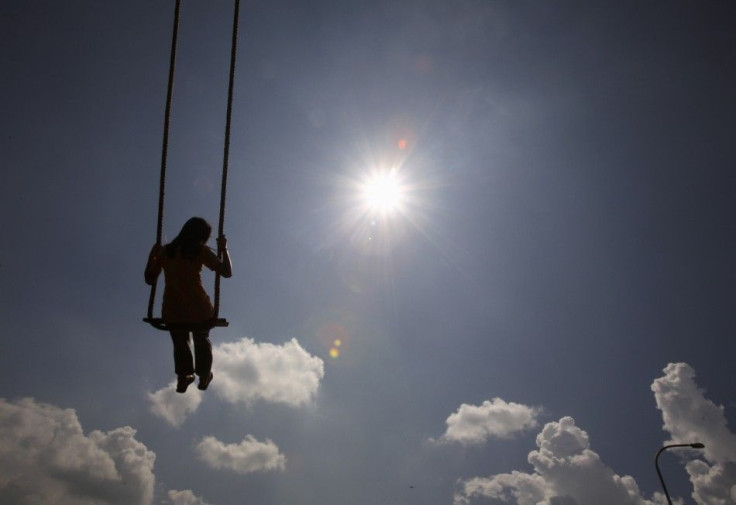Orphans Differ in Genome, Book of Life, Regulation: Study

Orphaned children may be more prone to changes in how their immune systems and brains develop than children raised by their parents, a new study suggests.
Researchers have known for years that orphans, children missing one or both parents, suffer from a battery of emotional distresses such as anger, loneliness and alienation.
However, the new research suggests that becoming an orphan has biological consequences in the regulation of a child's genome or book of life.
Our study shows that the early stress of separation from a biological parent impacts long-term programming of genome function, Elena Grigorenko senior author and child studies professor at Yale School of Medicine said in a statement. This might explain why adopted children may be particularly vulnerable to harsh parenting in terms of their physical and mental health.
For the study, researchers compared blood samples from 14 orphaned children aged 7 to 10 to a control group of 14 children raised by their biological parents. All of the children lived in northwestern Russia.
The group then compared the children's genomes - which contains a person's hereditary information - and found that orphaned children had changes in how their genome regulates neuronal communication and brain development compared with those who were raised by their families.
The changes did not change the DNA code, but changed DNA methylation -- modifications similar to accents that can change the meaning of a word without changing the letters.
This looks like a very interesting and important study because it builds on the growing body of evidence that shocks to a child and the experience of potentially traumatic events have long term biological effects, Kathryn Whetten, a professor of public policy and global health at Duke University, wrote International Business Times in an email. Whetten was not involved in the current study and studies orphaned and abandoned children.
What the study does not give us information about is where the kind of care that children who have experienced terrible life events can be best raised.
Whetten further noted that orphans need a range of settings in which to find nurturing care.
There are so many children in need of nurturing care around the world who do not have their biological parents, they need a range of options and we, as policy makers, providers, etc., need to be sure that the care within those settings (e.g. family home or residential facility) is nurturing, Whetten wrote.
The study was published online Nov. 29 in the journal Development and Psychopathology.
The definition of an orphan varies throughout global organizations. UNICEF defines an orphan as a child who has lost at least one parent. Of the approximately 132 million orphans throughout the world, UNICEF estimates that 13 million have lost both parents.
SOS Children's Villages notes that 56 percent of the approximately 25,000 children who leave the foster care system every year end up unemployed, while 25 percent become homeless.
The study's researchers noted that orphaned children who are adopted must be given extra care.
Parenting adopted children might require much more nurturing care to reverse these changes in genome regulation, Grigorenko said in a statement.
READ ALSO: Private Spaceflight Gears Up for February Mission
© Copyright IBTimes 2024. All rights reserved.











